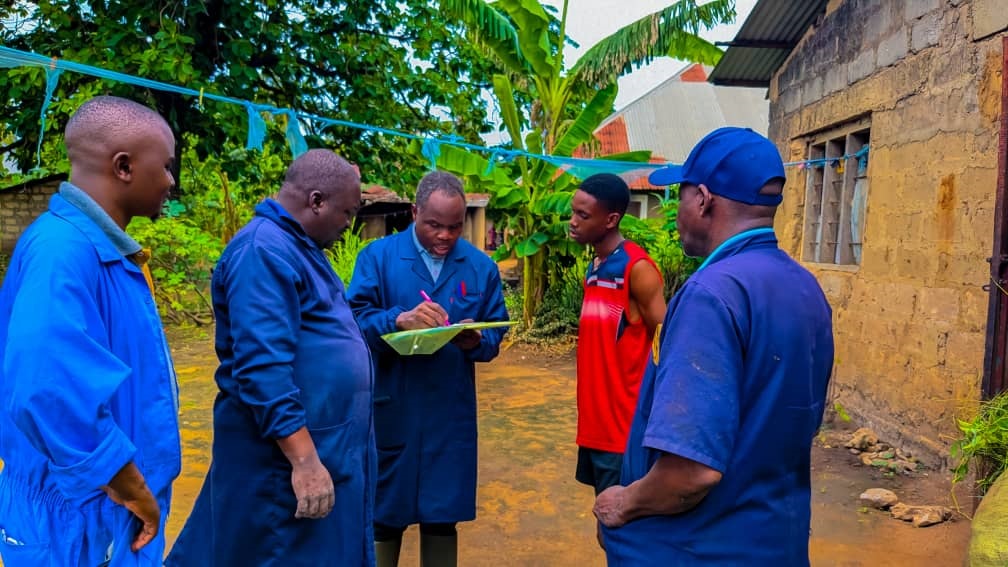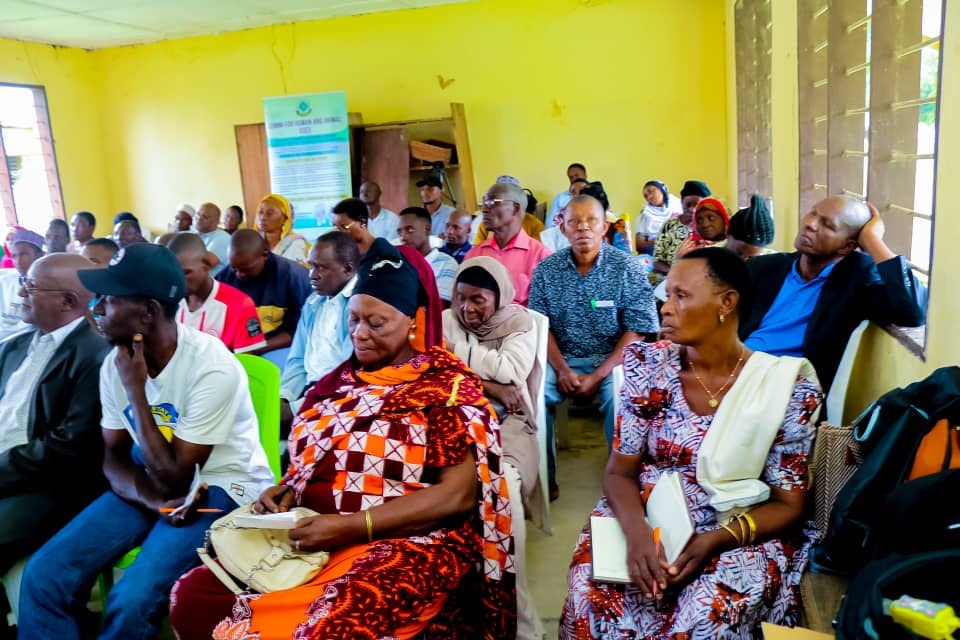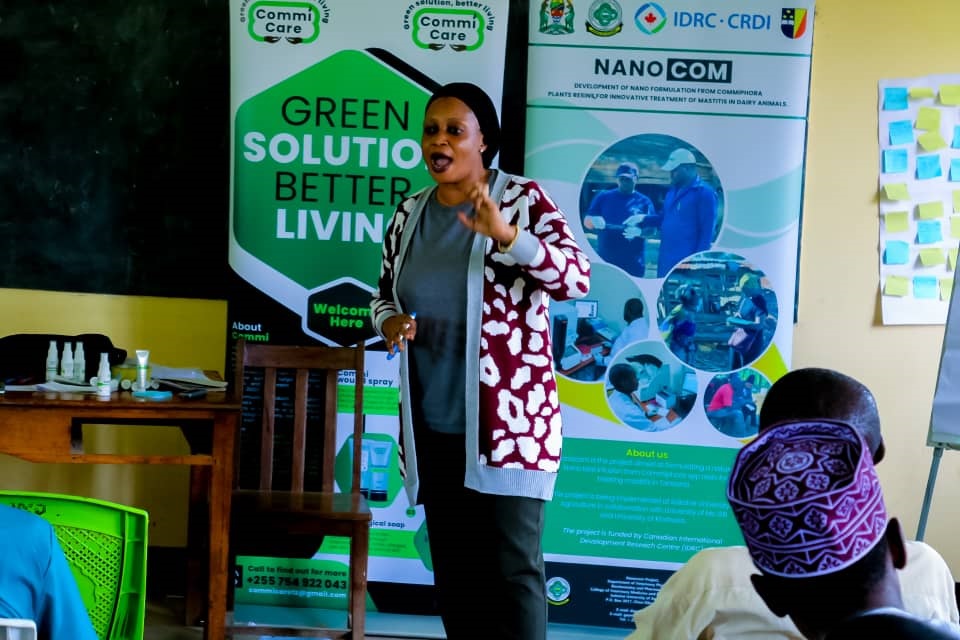The Sokoine University of Agriculture (SUA), through its NANO COM project, has launched a targeted training program in Tanga to equip livestock farmers with practical knowledge on mastitis prevention and management a common yet damaging disease in dairy animals.

The project, spearheaded by Prof. Gaymary Bakari and funded by Canada’s International Development Research Centre (IDRC), aims to develop affordable and effective alternative treatments for mastitis in Tanzania.
Mastitis, an infection that inflames the udder tissue of dairy-producing animals, significantly reduces milk yield and quality, leading to economic losses for smallholder farmers. The NANO COM project addresses this challenge by integrating cutting-edge scientific research with participatory, community-based approaches.
As part of this effort, a training session led by NANO COM’s lead researcher, Prof. Gaymary Bakari, engaged 47 farmers in Tanga with evidence-based strategies for mastitis prevention. The session also served as a platform to gather firsthand insights from farmers—critical for refining and contextualizing ongoing research.

“This isn’t just about sharing findings; it’s about co-creating solutions with farmers,” Prof. Bakari emphasized. “By understanding their challenges, we can develop treatments that are practical, accessible, and effective. We are presenting what we’ve learned so far and using farmers’ experiences to refine our treatment strategies.”
Dr. Rashid Chonga Nasoro, a livestock officer from the Tanga City Council, commended SUA’s efforts and urged the university to expand the program to reach more communities. “These sessions are equipping farmers with crucial skills in mastitis prevention and control, which will greatly improve animal health and milk productivity,” he noted.

Farmers who participated in the training welcomed the initiative, expressing hope for better herd management. Their feedback underscored the value of the training in transforming traditional practices. One participant shared, “Before, we didn’t know how to treat mastitis. Now, we’ve learned proper milking hygiene, symptom identification, and care techniques. Healthier livestock mean more milk, less spending on treatments, and better livelihoods for our families.”
The NANO COM project is set to continue similar interventions in other regions, including Iringa, Njombe, Mbeya, and Arusha. By bridging research with real-world application, SUA remains committed to solving critical challenges in the livestock sector and enhancing food security and livelihoods across Tanzania.
The Tanga training marked a pivotal milestone in the project’s rollout, fostering collaboration among researchers, local officials, and farmers.





